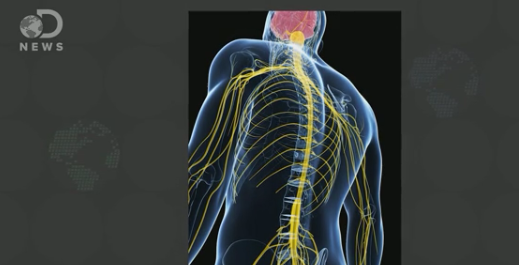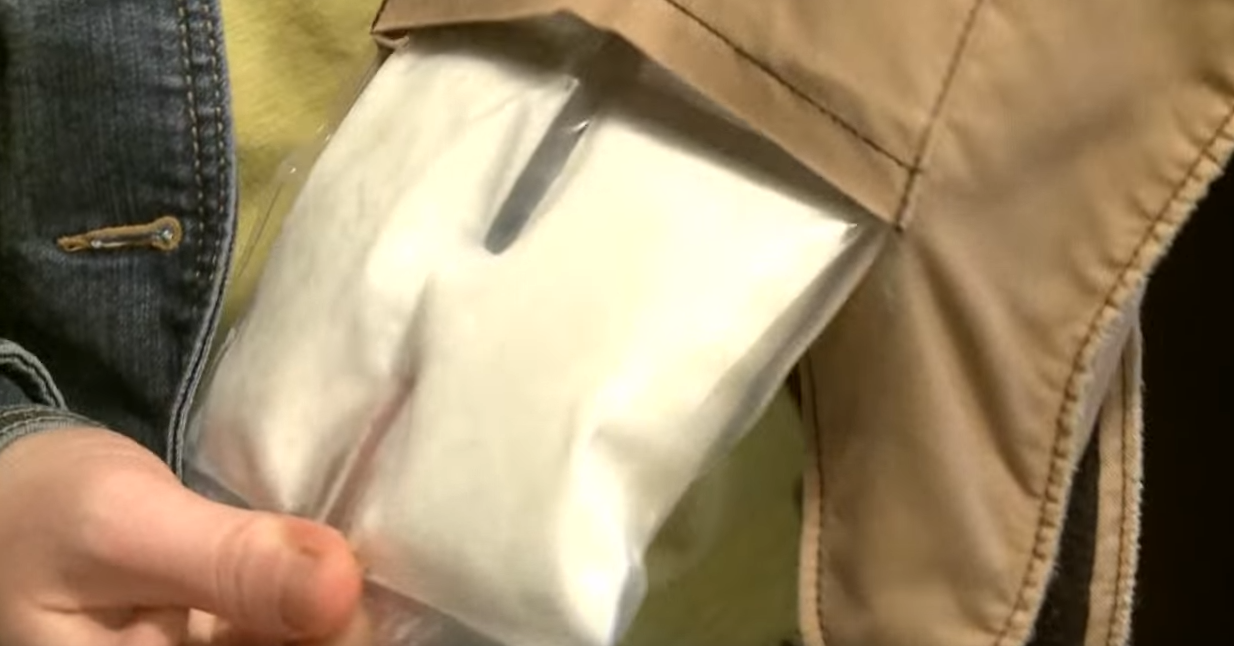Why Some People Don't Experience Pain

By:
Pain is one of the worst, most dreaded parts of life. Whether we accidentally stub our toe or subject ourselves to discomfort through various health and beauty regimens, negative feelings and thoughts often accompany the physical pain we endure.
However, researchers have found that some people are incapable of experiencing pain. Roughly one in a million people are impervious to physical pain, according to an article published in the Independent last year, and scientists call this congenital insensitivity to pain.
RELATED: What Negative Thinking Does to Your Brain
Our Bodies Are Wired For Pain
Pain is the body's natural and immediate response to danger, but people with congenital insensitivity to pain lack this instinct. What happens? Well, scientists have identified a few genetic indicators for people with congenital insensitivity to pain, specifically one mutation that occurs in the PRDM12 gene, according to a recent video created by the Discovery Digital Networks' TestTube. In the clip, host Julia Wilde referenced a study published in the journal Nature Genetics that found this mutation is responsible for creating nerve cells or neurons that are abnormal.
"Without functioning nerves, there's nothing to detect a painful experience," Wilde said, adding that people who don't experience pain may also have a mutation in the SCN9A gene. "[The SCN9A mutation] causes disruption not in the nerves, but in the way nerve cells talk to each other."
Nerve cells communicate by sodium ions and as these ions move through channels from one cell to another, the pain signals travel from the point of injury to the brain. But if there is a mutation in the SCN9A gene, the channels cannot form. "Without these channels, pain messages just can't be sent," Wilde said.
 TestTube - testtube.com
TestTube - testtube.com
RELATED: Science Explains Why We're so in Love With Boobs
Even though some people don't experience pain, scientists have found that their bodies might still react to it in some way. In a study published in the journal Nature Communications, researchers exposed mice with this condition to extreme heat and cold. Though the mice didn't demonstrate physical responses, scientists found that the mice had high levels of enkephalins, a "naturally occurring peptide that has potent painkilling effects," according to the Encyclopedia Britannica.
"So even though these mice couldn't feel pain, their bodies recognized it anyway and tried to make the mice feel better," Wilde explained.
Given their findings with the mice, the researchers decided to look into what would happen if people who don't feel pain had less of these soothing opioids. Wilde described how they gave naloxone—a medication typically used to treat opioid drug overdose—to a woman who cannot experience pain and then shot her with a heated laser. The drug halted her opioid production and she experienced pain. She said afterward that she enjoyed being able to experience pain.
RELATED: Here's What Fear Does to Your Brain
Why We Need Pain
To many of us, the idea of not experiencing pain sounds like a dream. Trips to the dentist or waxing salon wouldn't be so awful, and we would never have to worry about feeling pain during accidental bumps and stubs. But pain is very important to our existence and believe it or not, we're lucky to have it.
When we touch something that is too hot, the pain we experience tells us that we are in danger. Pain also helps protect us from a broad range of other potential dangers. Many people who are unable to feel pain also don't sweat, and this increases their risk of experiencing a heatstroke. A young boy named Isaac Brown serves as a good example of why not feeling pain isn't as awesome as it seems. His mother Carrie Brown told local news outlet KMEG14 in 2013 that her son has to wear a cooling vest to avoid overheating when he doesn't realize it's warm out. She also said that she has to think about the temperature of every room her son walks into to prevent him from getting too hot or too cold.
 Olivia Wilmsen - youtube.com
Olivia Wilmsen - youtube.com
Two years ago, ABC News interviewed Brown's family about his inability to experience pain. His mother recalled that he had put himself in danger many times because of his inability to understand or feel pain. One time he placed his hand in hot coffee and over a working oven burner without showing any hint of uneasiness. He did, however, have burns on his hand afterward. On one occasion, he even broke his pelvis without realizing it.
"The toddler years were an absolute nightmare," his mother said. "He would just drop to the ground and smack his face on the table. He thought the fall was fun."
Pain may hurt, but it's only there to protect us. "Whether we like it or not, pain evolved to save us," Wilde concluded, adding that research shows those who don't experience pain tend to be less resilient than their pain-feeling counterparts. "[They] often suffer from infections they don't realize they have, self-injury, and they have shorter lives. So the next time you stub your toe, don't yell out an expletive. Yell out 'thank you!' It's saving your life."
